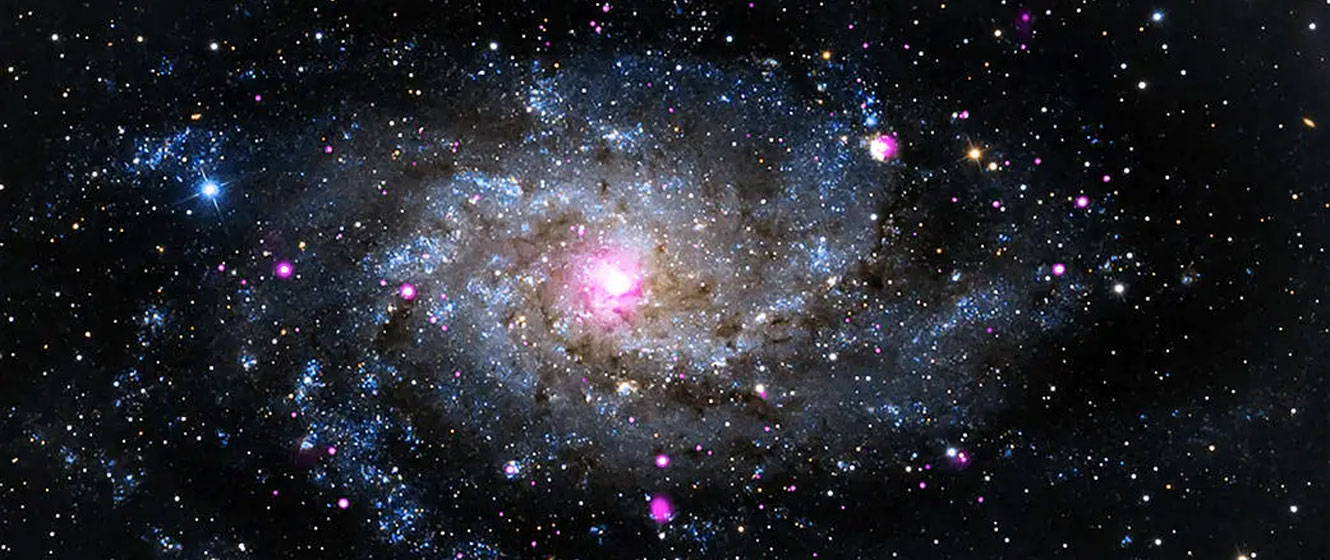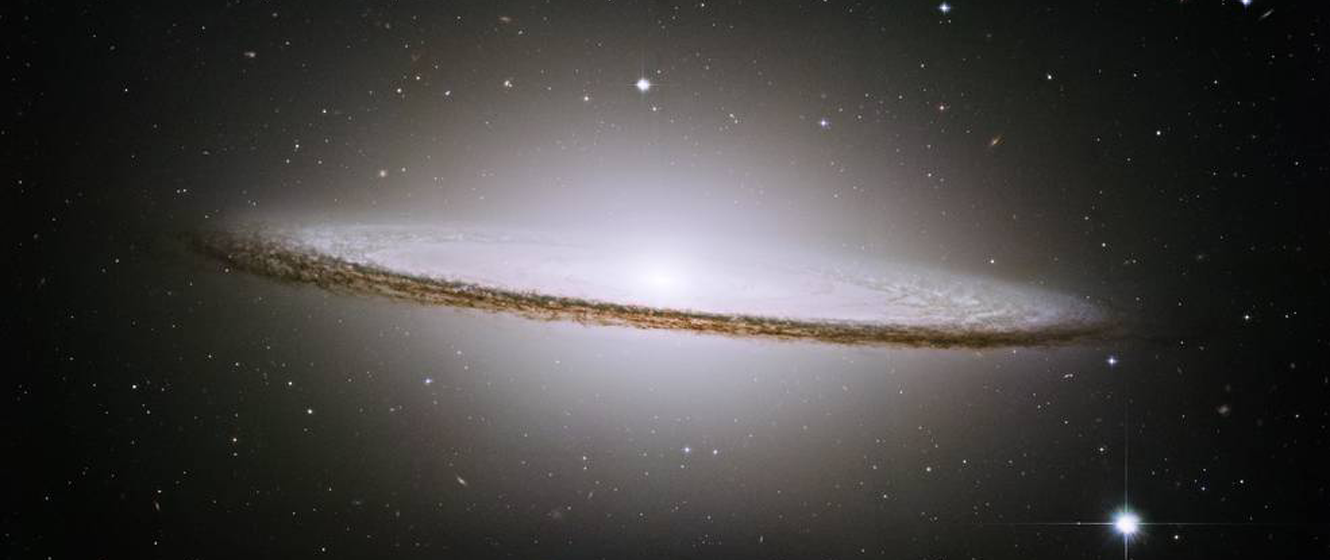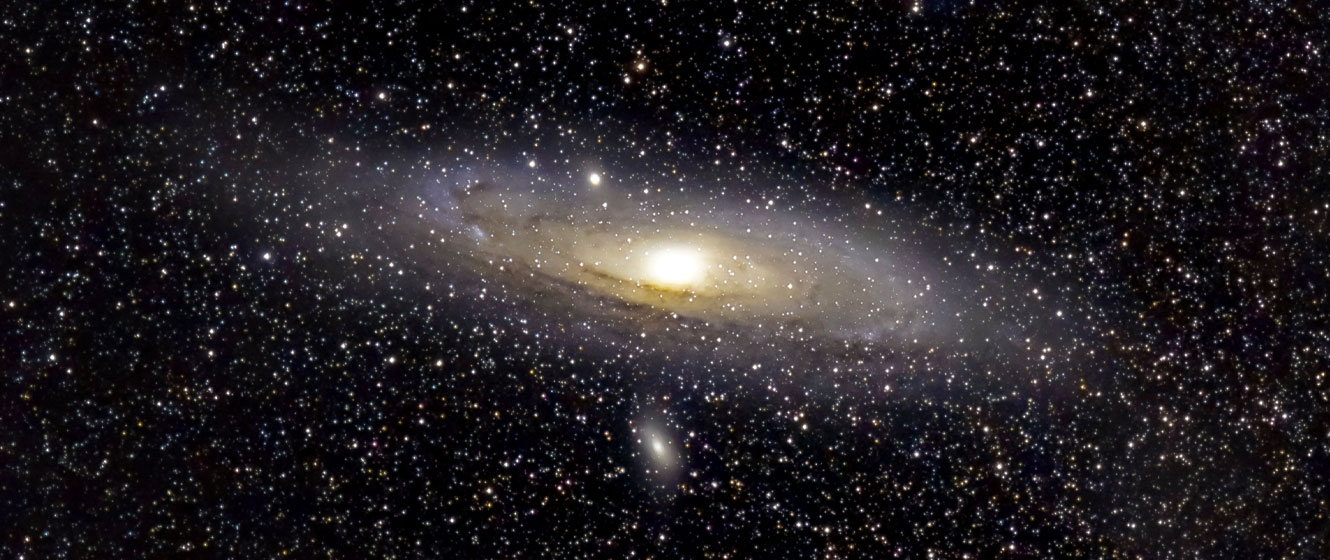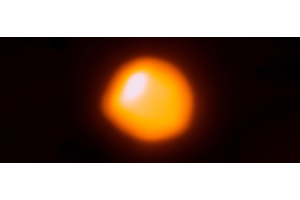Page 5 - What's in the Night Sky
Unlocking the Marvels of the Night Sky: A Guide to Celestial Wonders
The nighttime sky, decorated with sparkling stars and cosmic marvels, invites us to look up and venture into the cosmos. Whether you're an experienced skywatcher or a curious beginner, the expansive realm above offers numerous amazing sights to discover.
Celestial Clockwork: The Moon's Phases
The Moon, a faithful companion of Earth, decorates the night sky with its bright appearance, engaging in a fascinating sequence of phases. Witnessing the Moon transition from a slim crescent to an entire, radiant sphere is truly enchanting. Binoculars or a telescope reveal the Moon's craters and lunar plains, providing a closer look at this celestial display.

Star-Studded Stories: Constellations and Stars
As you cast your eyes upon the canvas of the night sky, constellations emerge, forming patterns that connect us to ancient myths and stories. Orion, the hunter with the distinctive belt, dominates the winter sky. In the summer, Scorpius, the scorpion, weaves its tale of celestial adventure. Each star significantly shapes our understanding of the universe, contributing to the vast collection of heavenly knowledge.
Planetary Parade: A Cosmic Carousel
The planets of our solar system take turns dazzling us with their brilliance. Venus, the "Evening Star" or "Morning Star," graces the twilight, shining brightly near the Sun. Mars and Jupiter, the giant among planets, often steal the show with their reddish hue. A telescope unveils Jupiter's Galilean moons or the intricate details of Mars' surface, offering a closer look at our planetary neighbors.
Meteoric Symphony: Showers of Shooting Stars
Meteor showers, those celestial fireworks, transform the night sky into a divine canvas painted with streaks of light. These dazzling displays occur as Earth intersects the debris trails left by comets. The Perseids in August and the Geminids in December are annual highlights, treating observers to a spectacular meteoric show.

Celestial Ballet: Solar and Lunar Eclipses
Solar and lunar eclipses are captivating celestial events observed in the night sky. During a solar eclipse, the Moon moves between the Earth and the Sun, momentarily blocking the Sun's light and causing temporary darkness during daylight hours. Lunar eclipses occur when the Earth's shadow falls on the Moon, dramatically changing its appearance, often displaying vivid shades of red or orange. These occurrences, marked on calendars globally, offer a rare chance to witness the remarkable phenomenon of cosmic alignment.

Artificial Lights: Satellites and Space Stations
In addition to natural wonders, the night sky hosts artificial marvels, including satellites and space stations. Spotting the International Space Station (ISS) or other satellites as they traverse the heavens adds a futuristic touch to your stargazing experience. These man-made celestial objects leave glittering trails, a testament to human exploration beyond our terrestrial boundaries.
Gazing at the night sky is more than a leisurely activity; it's a journey through time and space, connecting us to the grandeur of the cosmos. Armed with a sense of wonder and perhaps a telescope or binoculars, you can explore the mysteries above and join the countless generations that have marveled at the celestial wonders. So, find a comfortable spot, cast your gaze upward, and let the marvels of the night sky unfold before you.






